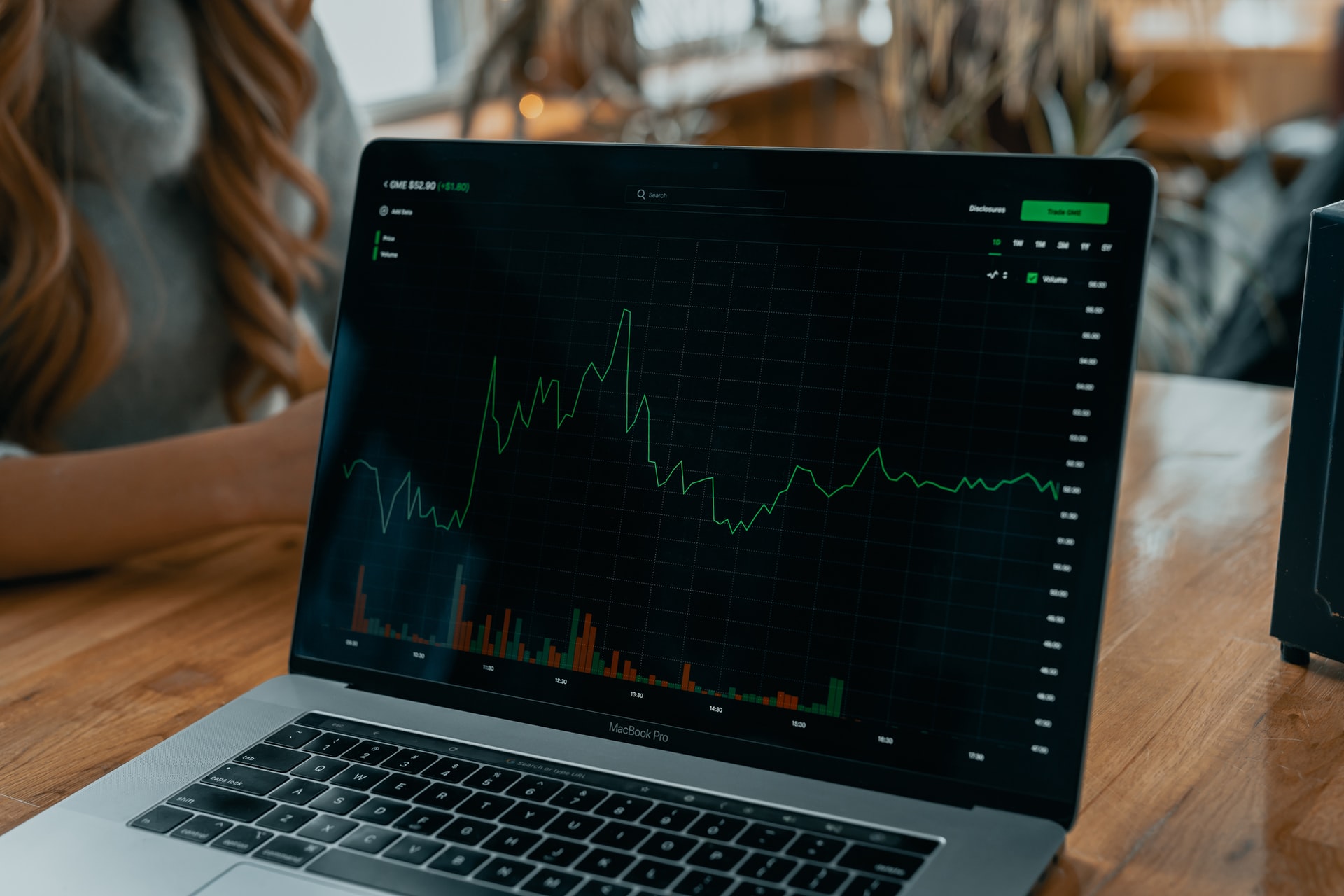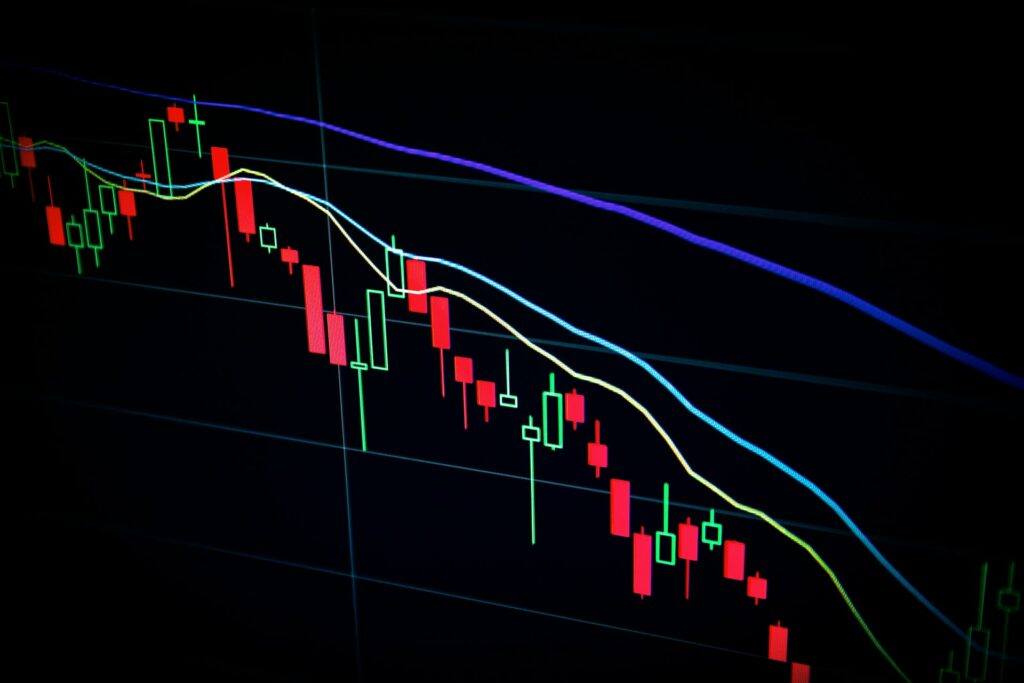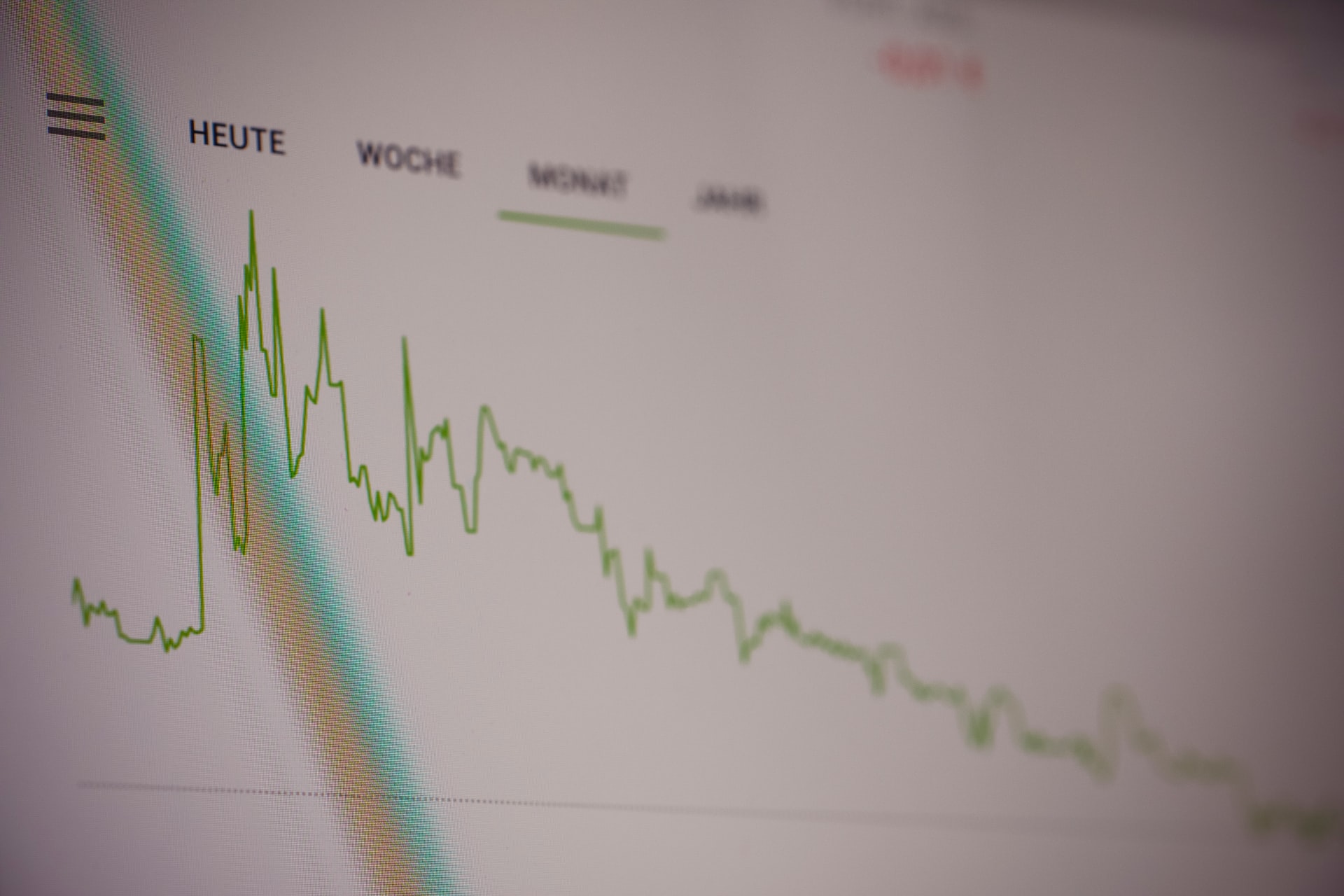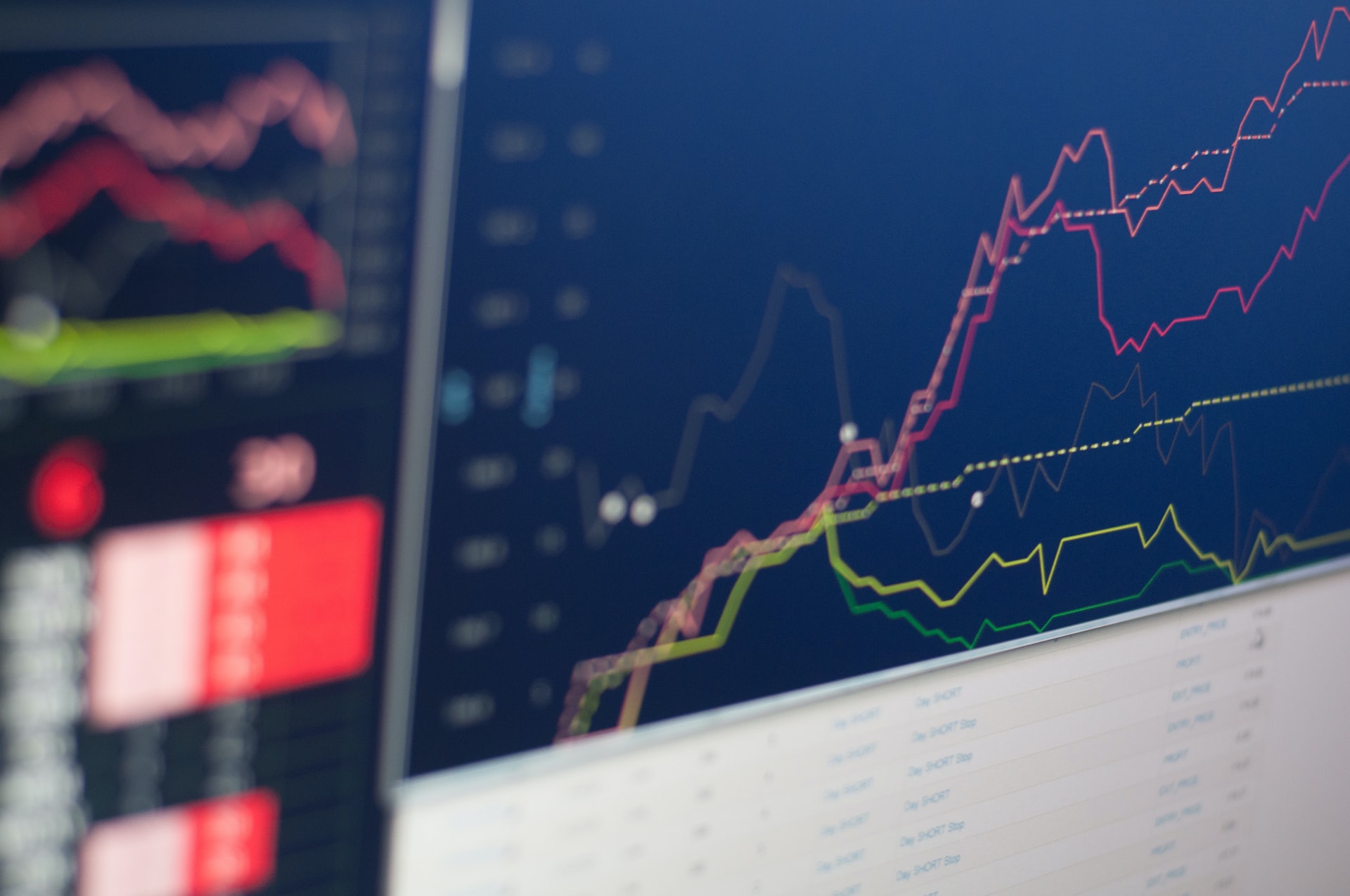Any raw material or basic agricultural product that may be bought or sold, such as wheat, gold, or crude oil, is referred to as a commodity. Commodity trading is the buying and selling of various commodities and derivatives goods.
If you want to learn more about commodity trading, start by brushing up on the fundamentals. Commodities can help diversify your asset portfolio if you engage in commodity trading.
How Can You Get Started Trading Commodities?
The Following Items Required To Begin Commodity Trading:

- Understanding the basics of commodities markets
- With a reputable broker, such as Samco, you can open a trading and Demat account.
- Commodity futures are the best option to invest in commodities.
- Every commodity listed on exchanges like MCX has futures available.
- A commodities futures contract is an agreement to buy or sell a specific commodity at a predetermined price at a future date.
Commodity trading is considered dangerous, thus only experienced traders and investors try their hand at it. Commodity trading is commonly used to hedge prices in order to avoid losses due to significant price volatility in vital commodities.
Even beginners may make money in commodities trading in India with the right coaching and a reliable commodity broker like Samco.
Before You Start Commodity Trading, Learn About The Different Types Of Commodities Available For Trade.
The following are some examples of common categories:
- Metals are a type of material that can be (e.g. industrial metals like aluminum, copper, and lead, and precious metals like gold and silver)
- Agriculture (for example, chana, soya bean, jeera, rubber, and rice)
- Vigour (e.g. natural gas, crude oil, coal)
Exchanges Of Commodities
The trade of commodities takes place on a commodity exchange, which is a regulated market. To trade in India’s commodity market, you must first learn how to deal with commodity exchanges.
A futures contract is an agreement to buy or sell a predetermined quantity of a commodity at a predetermined price and by a specific date. Traders might opt to trade futures contracts instead of taking physical delivery of commodities.
Trading In Commodities Has Its Advantages

Commodities can be used to diversify your investment portfolio because they are a distinct asset class.
Returns on commodities have a limited correlation with returns on other investments.
Commodities are a useful inflation hedge since their prices tend to climb during periods of high inflation.
Supply disruptions during a natural disaster, an economic crisis, or a conflict could cause commodity prices to rise.
Meanwhile, a producer seeking a high sale price would consider selling a Futures contract as a short hedge. For example, to lock in the price of a raw material’s input, a consumer could buy a Futures contract based on the current price of the commodity.
Commodity trading, on the other hand, may be able to protect you from loss by allowing you to capitalize on price movements wisely.
Commodity Futures Trade:
Speculators also participate in the commodity market in India. Businesses utilize futures to protect themselves against price fluctuations in the commodities they manage, reducing the risk of financial loss.
Futures contracts used by many dealers in India’s commodity market.
Commodity trading in India has a number of benefits and drawbacks.
Advantages
- Commodity futures can have a lot of leverage, which means that a minor price change can result in a lot of money.
- Commodity trading can help protect prices against a black swan event that could result in a price increase or severe discount.
- Commodities can help diversify portfolios and minimize over-concentration caused by significant stock exposure.
- Commodity trading protects against inflation and price increases that occur unexpectedly.
Disadvantages
- Commodity funds heavily concentrated in one or two industries and so lack proper diversification. A change in the price of a commodity can have a significant impact on the value of a commodity ETF’s share price.
- Commodities are extremely volatile, so one bad trade might wipe away all of your money.
- High leverage is a double-edged sword; if not properly trained, rookie traders can lose a lot of money.
For a newcomer in commodities trading, here are some pointers.

Equities are the most traded financial product in the market.
Commodity prices are impacted by factors such as supply and demand, as well as developments outside the scope of financial markets that may or may not affect stock or bond values.
Commodity trading is distinct from other types of trade.
If you’re a beginner, you’ll need to learn about equities before diving deeper into commodities. This is due to the fact that commodities are far more volatile than stocks and bonds.
As a result, you must first clear your mind of all the investment methods, tips, and tricks you’ve learned about trading and investing in equities thus far. This high volatility provides plenty of opportunities for traders to profit from market movements. You must also recognize the distinction between commodities trading and other types of trading.
Trading Commodities vs. Trading Stocks
Commodity trading is the exchange of food or fundamental requirements like cocoa, wheat, rice, cattle, and so on.
Traders buy and sell commodities to protect their portfolios from the effects of inflation or to hedge against price fluctuations.
The amount of ownership in corporations represents by a share. People trade equities to earn money through dividends or capital appreciation, both of which are essential in meeting a person’s basic necessities or obtaining vital raw materials from the earth or natural resources.
Trading in the shares of public limited firms engaged in the processing, manufacturing, or marketing of finished goods, on the other hand, is known as equity trading.

Typically, such businesses are engaged in the conversion of raw materials into marketable finished items, as well as any activity related to the distribution of finished goods. Speculators, on the other hand, are aiming for rapid, short-term gains in commodities trading.
Conclusion
Commodity trading basics can guide you on how to get started. In addition, factors like pricing or risk management practices, leverage threat, and other influencing elements should be taken into account.
Prices of commodities can also fluctuate due to alterations in supply and demand, customer and production trends, and the price of commodities. You take a glance at a commodities trading intermediary to make things easier for you when getting started.

